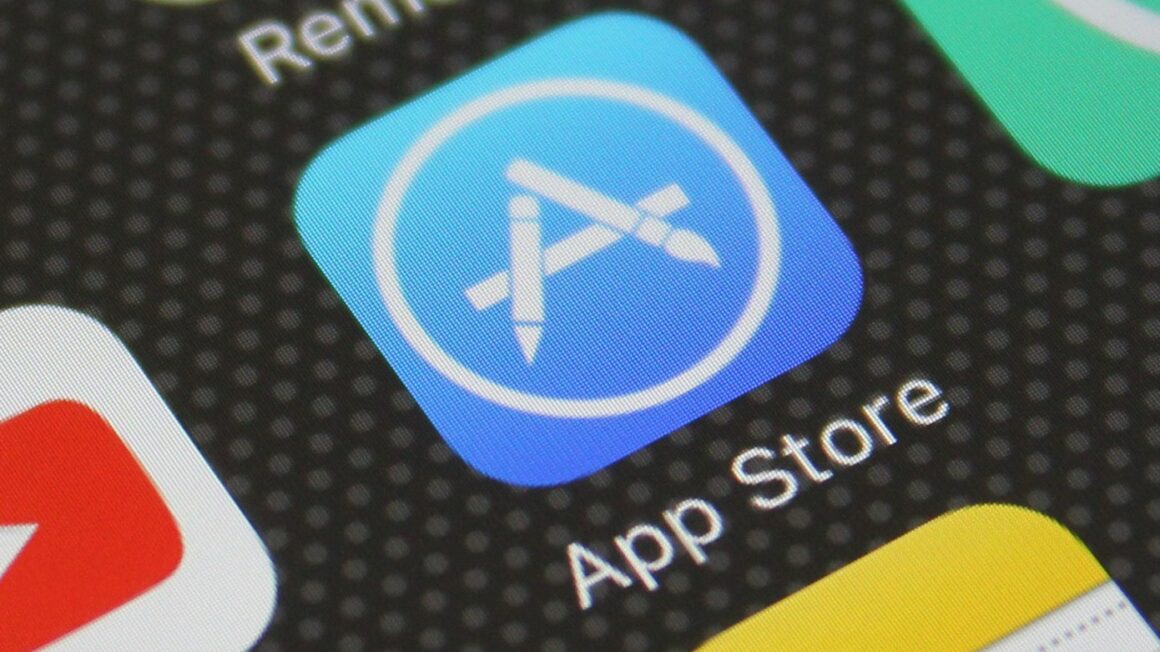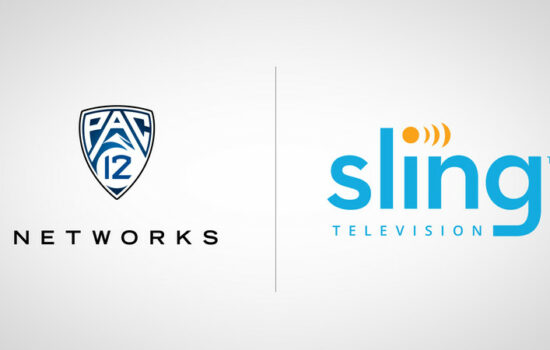The US Supreme Court has ruled 5-4 to allow consumers to file a class action against Apple for monopolizing the App Store, it argues that Apple request apps distributed on the iPhone to be sold within the App Store, and at the same time charging developers unfair fees that are passed on to consumers, where they typically cut revenue by 30% through the App Store.
In this case, however, several consumers contend that Apple charges too much for apps. The consumers argue, in particular, that Apple has monopolized the retail market for the sale of apps and has unlawfully used its monopolistic power to charge consumers higher-than competitive prices.
A claim that a monopolistic retailer (here, Apple) has used its monopoly to overcharge consumers is a classic antitrust claim. But Apple asserts that the consumer plaintiffs in this case may not sue Apple because they supposedly were not “direct purchasers” from Apple under our decision in Illinois Brick Co. v. Illinois, 431 U. S. 720.
We disagree. The plaintiffs purchased apps directly from Apple and therefore are direct purchasers under Illinois Brick. At this early pleadings stage of the litigation, we do not assess the merits of the plaintiffs’ antitrust claims against Apple, nor do we consider any other defenses Apple might have. We merely hold that the Illinois Brick direct-purchaser rule does not bar these plaintiffs from suing Apple under the antitrust laws. We affirm the judgment of the U. S. Court of Appeals for the Ninth Circuit.
All this suggest that the lawsuit will return to the court system and may ultimately lead to a decision to order Apple to change its App Store business model and policies. Although, we still have a long way to go before the final court ruling so anything could happen within this period. Meanwhile, Apple has issued the following statement via John Paczkowski:
Today’s decision means plaintiffs can proceed with their case in District court. We’re confident we will prevail when the facts are presented and that the App Store is not a monopoly by any metric.
We’re proud to have created the safest, most secure and trusted platform for customers and a great business opportunity for all developers around the world. Developers set the price they want to charge for their app and Apple has no role in that. That vast majority of apps on the App Store are free and Apple gets nothing from them. The only instance where Apple shares in revenue is if the developer chooses to sell digital services through the App Store.
Developers have a number of platforms to choose from to deliver their software ”” from other apps stores, to Smart TVs to gaming consoles ”” and we work hard every day to make our store is the best, safest and most competitive in the world.
Image Via TechCrunch







